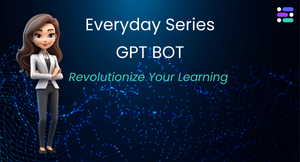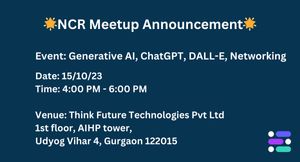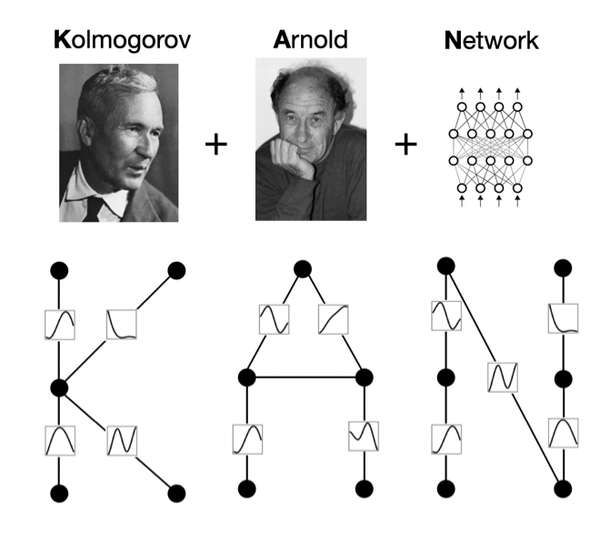The world of artificial intelligence (AI) and machine learning (ML) is witnessing a groundbreaking revolution with the advent of large language models (LLMs). These sophisticated algorithms, trained on massive datasets with millions to billions of parameters, are capable of performing a wide range of natural language tasks. OpenAI's ChatGPT, powered by the GPT-Turbo-3.5 LLM, is a prime example of this revolution. The promise of LLMs has inspired numerous businesses, from tech giants to startups, to develop natural language AI applications. In this blog, we'll explore the latest innovation in this space—GPT4All by Nomic AI—and how it is contributing to the race for natural language models.
The Race for Natural Language Models:
The success of OpenAI's ChatGPT has spurred other tech companies to develop their own conversational AI chatbots. Google introduced BARD, while Meta developed LLaMA, a 65B LLM that can allegedly outperform GPT-3. Joining this race is Nomic AI's GPT4All, a 7B parameter LLM trained on a vast curated corpus of over 800k high-quality assistant interactions collected using the GPT-Turbo-3.5 model. GPT4All draws inspiration from Stanford's instruction-following model, Alpaca, and includes various interaction pairs such as story descriptions, dialogue, and code.
The Making of GPT4All:
The creators of GPT4All embarked on an innovative journey to build a chatbot similar to ChatGPT. The first step involved curating a large amount of data in the form of prompt-response pairings. The team gathered over a million questions and prompts from publicly accessible sources and collected responses using the GPT-Turbo-3.5 model. After cleaning the data to remove failed prompts and irregular responses, they were left with over 800k high-quality prompt-response pairs. The team emphasized the importance of meticulous data curation and preparation to ensure a wide range of topics were covered.
The next phase involved training multiple models and selecting the best performer. The researchers used Meta's LLaMA language model for training. The model linked to the most recent public release of GPT4All is Stanford's Alpaca, which is based on Meta's LLaMA model. It was trained using a Low-Rank Adaptation (LoRA) method, yielding 430k post-processed instances. The researchers conducted an initial assessment by comparing the perplexity of their model with the best publicly accessible alpaca-Lora model. The evaluation is ongoing, and more information is expected soon.
GPT4All:
Accessibility and Open Source Contributions: GPT4All is currently licensed only for research purposes, as it is based on Meta's LLaMA, which has a non-commercial license. However, one of the major attractions of GPT4All is its quantized 4-bit version, which allows users with limited computational resources to run the model on a CPU. This means that users can opt for less precision in exchange for using consumer-grade hardware. Instructions to run GPT4All are well-documented on Nomic AI's GitHub repository. Additionally, Nomic AI has open-sourced all information regarding GPT4All, including dataset, code, and model weights, allowing the community to build upon their work.
The development of GPT4All is a significant step in the race for natural language models. It achieves exemplary results while utilizing fewer computational resources, making it a truly outstanding contribution to the field of AI and ML. Initiatives like GPT4All are essential for accelerating the pace of innovation in AI and ML, and they open up new possibilities for researchers, developers, and enthusiasts alike. By making GPT4All accessible to a broader audience and sharing its resources with the community, Nomic AI is fostering a collaborative environment where individuals and organizations can contribute to the advancement of natural language processing technologies. As the race for natural language models continues, we can expect to see even more exciting developments and applications that will enhance our lives and transform the way we interact with technology.
We research, curate and publish daily updates from the field of AI. Paid subscription gives you access to paid articles, a platform to build your own generative AI tools, invitations to closed events and open-source tools.
Consider becoming a paying subscriber to get the latest!










